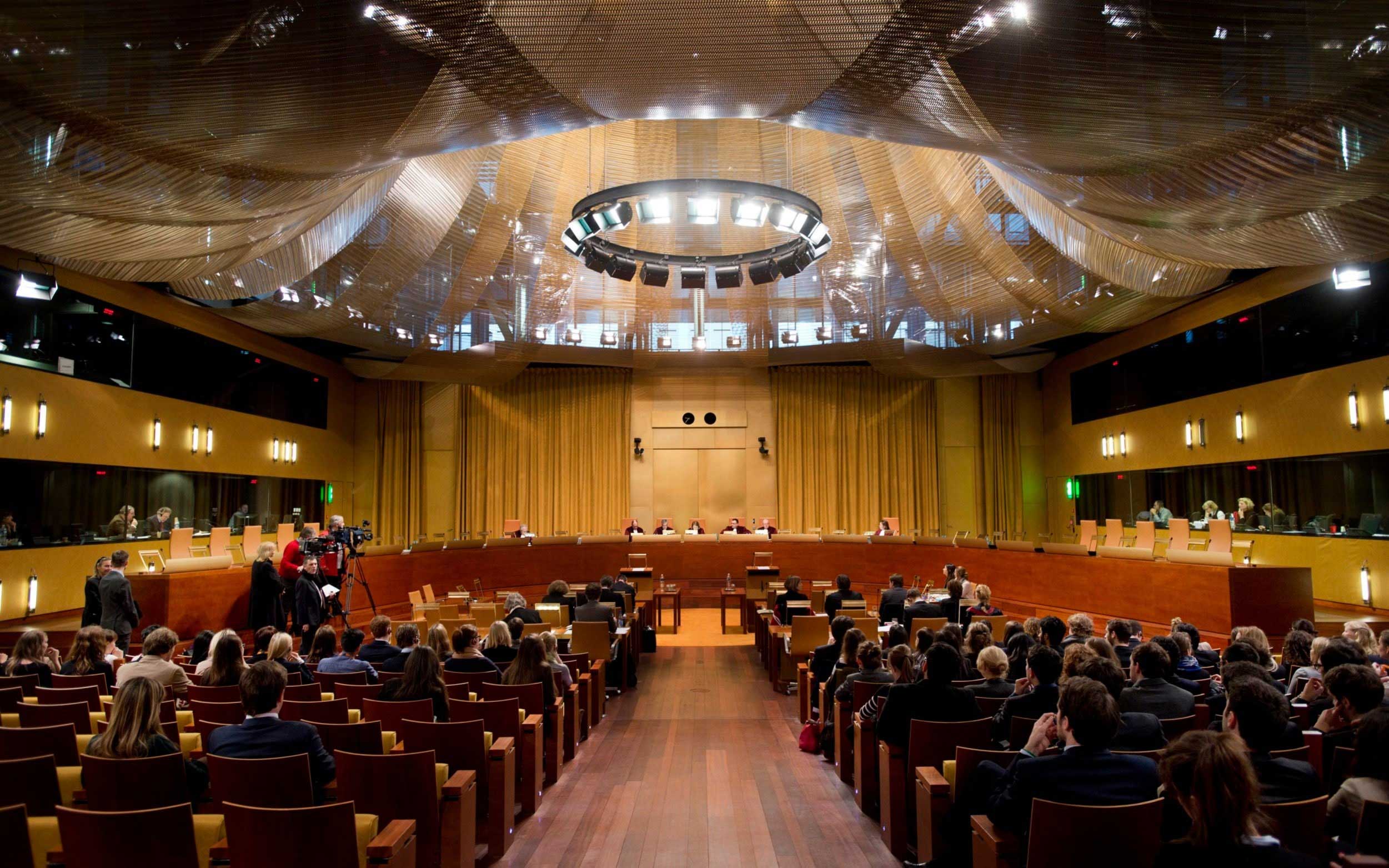The General Court has handed down its decision in the anti-dumping case CRIA v Commission (T30/19), which it has combined with CRIA v Commission (T72/19) to give both cases a single ruling. Insofar as it affects certain Chinese entities, it partially repeals the legislative instrument that imposes anti-dumping duty on imports of certain pneumatic tyres originating in China, namely the Commission Implementing Regulation (EU) 2018/1579.
The Commission's Implementing Regulation imposed anti-dumping and definitive countervailing duties on imports from China of certain pneumatic tyres, new or retreaded, made of rubber, for buses or lorries, with a load index greater than 121.
As interested parties, the China Rubber Industry Association (CRIA) and the China Chamber of Commerce of Metals, Minerals, and Chemicals Importers and Exporters (CCCMC) filed an appeal against the measure.
They did so, because there was a failure to conduct a fair price comparison in calculating the price undercutting; and (ii) inconsistencies and violations of the defence's rights regarding injury indicators and the weighting of data from the sample of Union producers.
The General Court first considered the Commission's admissibility arguments that certain entities had not cooperated in the investigation procedures leading to the Commission's implementing measures, whether it was of direct and individual concern to some of them, in particular because they were not listed in the implementing measure, and whether there was a vested and current interest in bringing proceedings. However, the General Court found that the cooperating export producer Triangle Tyre as a representative association did have standing, that Weifang Yuelong Rubber and Hefei Wanli Tire as manufacturers and representative associations had standing, as did Zhongce Rubber Group.
It also rejected the Commission's arguments that certain pleas involving procedural rights violations were inadmissible: the Commission could not claim that a plea was inadmissible; any plea could be raised and then evaluated for effectiveness. Given their participation in the investigation procedures, the parties in question were entitled to allege procedural violations, and a potential annulment of the measure in question could result in favourable legal consequences for them, as it would mean reopening the procedures to protect their procedural rights.

Court of Justice, grand chamber (iStock image)
Commission failed to carry out fair price comparison in calculation of price undercutting
The General Court considered the arguments, first reminding itself of the scope of judicial review it could exercise in the area of common commercial policy and trade protection measures: whether procedural rules were followed, whether the facts on which the contested decision was based were accurately stated, and whether there was a manifest error in the assessment of those facts or a misuse of powers.
The Commission failed to conduct a fair price comparison in calculating price undercutting at the same level of trade, according to the court. In relation to Union industry, the Commission had systematically taken into account the sales prices charged to the first independent buyers, regardless of distribution channels used – but not in relation to Chinese exporting producers. This meant that Union and Chinese exporting producers' sales were treated differently.
Manifest inconsistency in Commission regulations and breach of procedural defence rights
It also upheld certain complaints alleging inconsistencies and violations of the defense's rights in relation to injury indicators and data weighting from a sample of Union producers.
Because the Commission changed its weighting method without assessing the impact on "microeconomic indicators other than overall profitability and profitability of tier 3," and because it did not use all relevant data available to it in order to assess a complex situation, as required by case law, the contested regulations were manifestly inconsistent. This meant that the impact of the dumped or subsidised imports had not been objectively examined, as required by Article 3(2) of the basic anti-dumping regulation and Article 8(1) of the basic anti-subsidy regulation.
The fact that this inconsistency was not the only flaw in the analysis of injury to Union industry – there had not been a fair price comparison, as mentioned above – was considered sufficient to call the measure's legality into question by the General Court.
Finally, the General Court found that the applicants' defence rights had been violated by the failure to disclose certain data (as detailed in paragraph 244 of the judgement) – and that it could not be ruled out that the parties would have been better able to defend themselves if they had that information, resulting in a difference in the contested regulations.